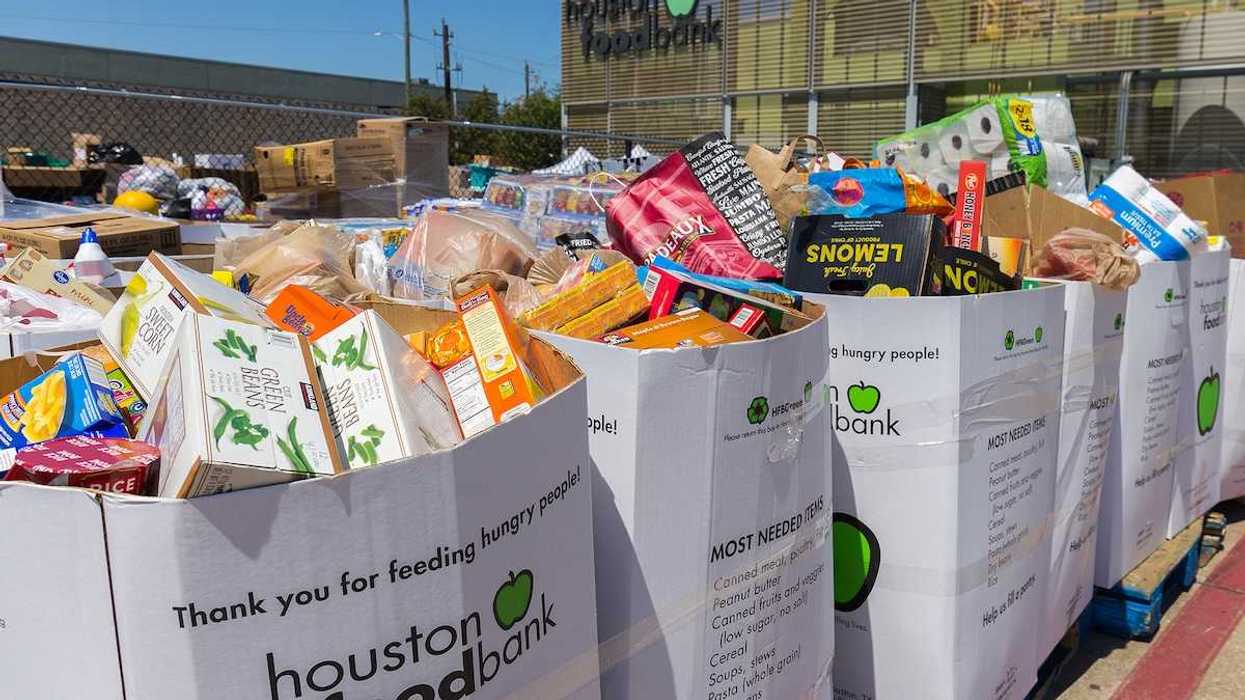Prenatal exposure to chemicals in plastics may increase body fat in toddlers, raising their risk for obesity and related diseases later in life.
Pamela Ferdinand reports for U.S. Right to Know.
In short:
- A study found that prenatal exposure to plastic-related chemicals like phenols and phthalates is linked to higher fat mass in children as young as three, particularly in girls.
- These endocrine-disrupting chemicals, found in plastics, food packaging and personal care products, can cross the placenta and disrupt fetal development.
- Substitutes for banned chemicals, such as DINCH and bisphenol S, also showed potential links to increased fat mass, signaling potential risks from "safer" alternatives.
Key quote:
“Our finding that exposure to certain chemicals during pregnancy is linked to higher body fat in children, while exposure in early childhood isn’t, highlights how the time in the womb is especially sensitive to changes that can affect metabolism.”
— Study researchers, Environmental Research
Why this matters:
This study adds to growing concerns about the hidden costs of widespread exposure to everyday chemicals and raises the stakes for stricter regulations to protect both mothers and their children from lasting health impacts.
Read more: The danger of hormone-mimicking chemicals in medical devices and meds.














